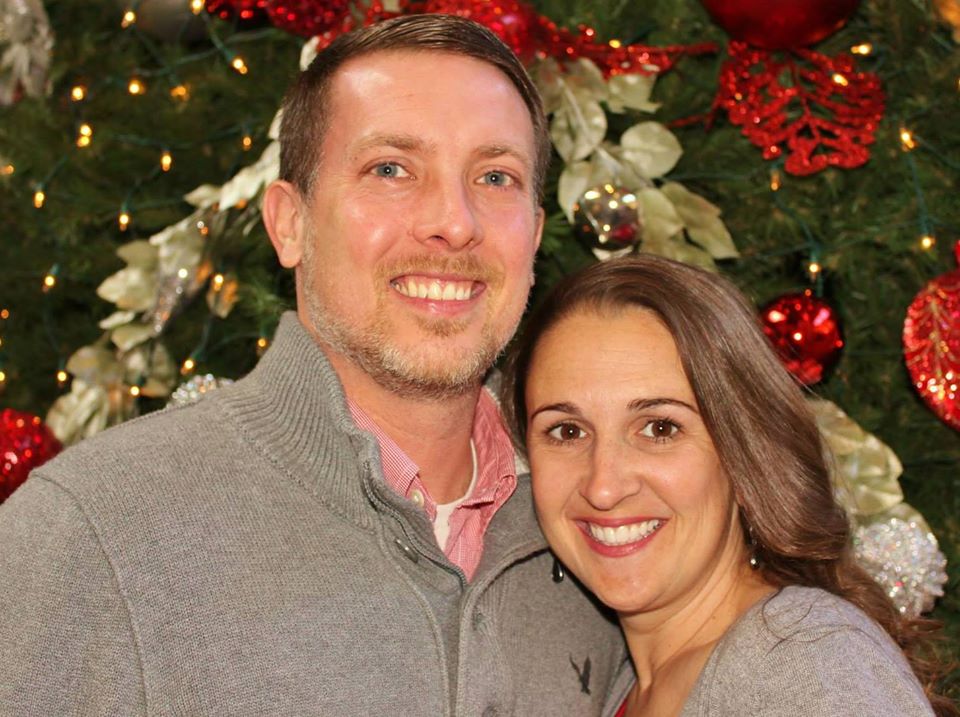⏱️ Estimated Reading Time: 5 min read
In his book, Orphan Justice, Johnny Carr says, “To our God, taking care of orphans isn’t just a great idea. It’s critical. Why? Because every man, woman, boy, and girl—including orphaned and vulnerable children—has been created in God’s image and is precious to him.” As image bearers, we reflect God’s heart for orphans and vulnerable children through our compassion towards them. We show compassion as we pray, love, give, visit, disciple, advocate, and protect. Local churches must lead the way in caring for orphans if we are to show the world what our Heavenly Father is like. Imago Dei Church (IDC) in Raleigh, North Carolina is an excellent example of a local church that has created an orphan care culture within its body.
IDC and a Culture of Orphan Care
As with any movement within a local church, it starts with the leadership. IDC promotes a biblical view of orphan care regularly during their weekly, corporate worship time. The elders don’t wait for Orphan Sunday to remind the members that God is, the “father of the fatherless” (Ps. 68:5). Nor do they fail to emphasize James 1:27 which says, “religion that is pure and undefiled before God the Father is this: to visit orphans and widows in their affliction, and to keep oneself unstained from the world” (Jas. 1:27). Members are consistently taught who God is, what He loves, and how we reflect Him and His mission by making them our own.
The leadership at IDC aren’t only proclaiming that taking care of orphans is a command; they are modeling it for the congregation. If you look at several of their kitchen tables, you will see children from around the world who share their last names. Other leader’s homes have children receiving temporary care by being fostered. Some leaders are engaged in orphan care by financially helping others adopt. Members at IDC don’t just hear their pastors talk about orphan care; they witness it in their lives.
IDC and the Church’s Mission to Equip Members for Orphan Care
IDC elders have made caring for orphans and the oppressed an explicit part of the church’s strategy to equip its members to live as missionaries both locally and globally. This is reflected in the church’s financial resources and partnerships. IDC has an adoption fund that is contributed to weekly and then used to assist covenant members with the financial strains that an adoption brings. They work with Safe Families, a ministry that partners with local churches to temporarily care for vulnerable children. For global orphan care, they partner with 127 Worldwide, a nonprofit that partners with local leaders around the world who are caring for orphans and widows. Members are consistently encouraged to engage in orphan care through fostering, adopting, and supporting others who do.
Families at Imago Dei Church are welcoming orphans from their city and many international cities into their homes. Small groups serve families taking care of orphans through meals and childcare. Singles help couples raise money for adoption costs. Adults are partnering financially with 127 Worldwide to provide for and visit orphans around the globe. Adoptions are celebrated. Russell Moore says in his book, Adopted For Life, “When we adopt—and when we encourage a culture of adoption in our churches and communities—we’re picturing something that’s true about our God. We, like Jesus, see what our Father is doing and do likewise (John 5:19). And what our Father is doing, it turns out, is fighting for orphans, making them sons and daughters.”
Creating a Culture of Orphan Care in Your Church
What is the result of a local church that has created a culture of orphan care? IDC elder, Tony Merida, says in his book, Orphanology, “We have a dream of seeing hundreds of adopted children from around the globe in local churches. We can see adoptive families filled with children from all nations gathered together, as a little glimpse of heaven, smiling for photographs.” IDC is normalizing adoption culture for the next generation. Playdates represent the nations. Youth hang out with friends representing a variety of ethnicities. Members view justice seeking as ordinary and advocate for the vulnerable. The world witnesses this counter-cultural way of life and sees Christ among the congregation. Orphans as a result also are placed into Christ-loving families. Disciples of the Lord Jesus are made. All of this is for God’s glory.
Local churches seeking justice through engaging the orphan crisis with compassion and sacrifice will see a picture of heaven in its midst. “Your kingdom come, your will be done, on earth as it is in heaven (Matt. 6:10).” As God’s people obey God’s command to care for the vulnerable, we show the watching world what our Heavenly Father is like.
**For more information on how to create a culture of orphan care in your local church, read Orphanology: Awakening to Gospel-Centered Adoption and Orphan Care by Tony Merida and Rick Morton.




